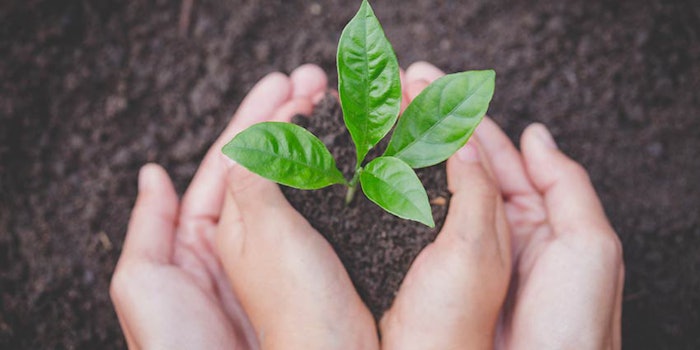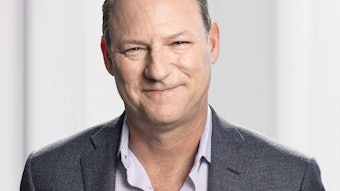
Unilever has announced a range of sustainability measures for fighting climate change, preserving resources, and protecting and regenerating nature, as well as the newly dedicated Climate & Nature Fund, which it will donate €1 billion to. The company has committed to achieving net-zero emissions from all products by 2039 and will work with farmers and smallholders to drive protection and restoration projects, as well as work with governments and other organizations to improve water access in water-stressed communities.
Related: 'Unprecedented Collaboration' Needed for Unilever's Waste-free World Commitment
Over the next 10 years, the Climate & Nature Fund will finance projects like landscape restoration, reforestation, carbon sequestration, wildlife protection and water preservation. Unilever’s new initiatives will build on work already underway from other companies and organizations.
Related: Unilever Now Runs on 100% Renewable Electricity Across 5 Continents
The company previously committed to reaching no carbon emissions from its operations and to halving the GHG footprints of its products by 2030. The newly announced climate-based goal is a commitment to reach net-zero emissions from all products–from sourcing materials to the point of sale–by 2039.
Additionally, Unilever pledges to achieve a deforestation-free supply chain by 2023 by increasing traceability and transparency with the use of emerging technologies, such as satellite monitoring, geolocation tracking and blockchain.
In its effort to help regenerate nature, the company will be working with a new generation of farmers and smallholders by leading initiatives for securing legal land rights, aiding in access to finance and developing restorative practices.
Some of the brand’s other efforts include:
- Introducing a Regenerative Agriculture Code for suppliers
- Implementing water stewardship programs for local communities in 100 locations by 2030
- Joining the 2030 Water Resource Group
- Aiming to make product formulations biodegradable by 2030
“While the world is dealing with the devastating effects of the COVID-19 pandemic, and grappling with serious issues of inequality, we can’t let ourselves forget that the climate crisis is still a threat to all of us,” Unilever CEO Alan Jope said. “Climate change, nature degradation, biodiversity decline, water scarcity–all these issues are interconnected, and we must address them all simultaneously. In doing so, we must also recognize that the climate crisis is not only an environmental emergency; it also has a terrible impact on lives and livelihoods. We, therefore, have a responsibility to help tackle the crisis: as a business, and through direct action by our brands.”
“Our collective responsibility in tackling the climate crisis is to drive an absolute reduction of greenhouse gas emissions, not simply focus on offsetting–and we have the scale and determination to make it happen,” Marc Engel, Unilever chief supply chain officer, said. “But this is not enough. If we want to have a healthy planet long into the future, we must also look after nature: forests, soil biodiversity and water ecosystems. In most parts of the world, the economic and social inclusion of farmers and smallholders in sustainable agricultural production is the single most important driver of change for halting deforestation, restoring forests and helping regenerate nature. In the end, they are the stewards of the land. We must, therefore, empower and work with a new generation of farmers and smallholders in order to make a step-change in regenerating nature.”










